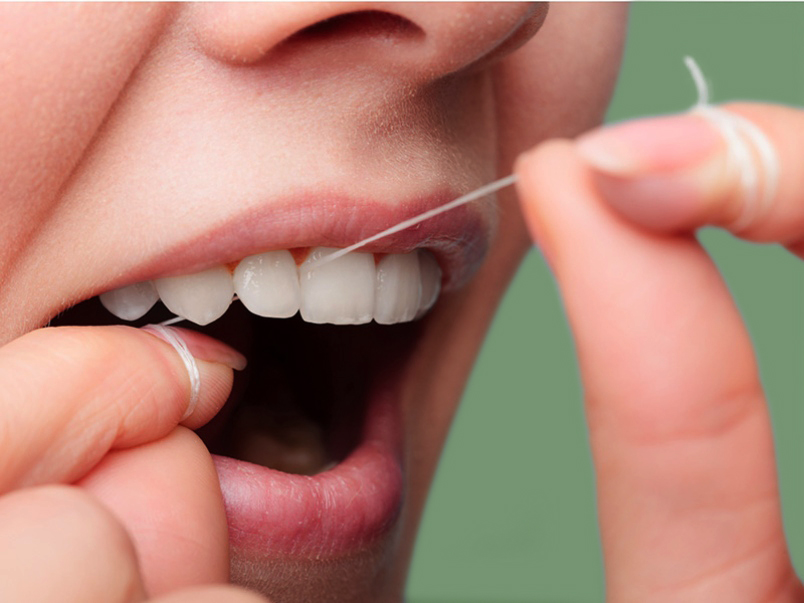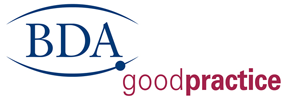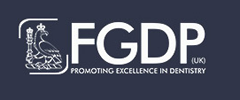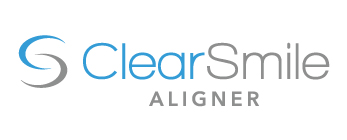Private only service: 07661001236
NHS Emergency Service: 111
Finchley: 0208 346 3826
Enfield: 0208 051 2055
HYGIENE AND GUM HEALTH

Oral hygiene forms a key part of our preventative ethos at Church End Dental – and it’s not just about brushing your teeth twice a day. A good oral hygiene routine helps to prevent not just tooth decay, but also gum disease, staining and bad breath (halitosis). Our aim is to help you to safeguard your long-term dental health.
How you look after your teeth and gums at home is a crucial part of preventative care. We’re here to help you and are always happy to give tips and advice regarding looking after your teeth and gums. You only have to ask!
Beautiful, healthy-looking teeth start with a good oral hygiene routine. Cosmetic dentistry can help to give you a brighter smile, but it won’t stay that way if you don’t look after your teeth and gums.
Indeed, most cosmetic dental treatments are best suited to people with healthy teeth and gums. Conditions such as gum disease, for example, will need to be treated first before any cosmetic intervention.
CHECK-UPS: seven separate checks, not a quick once-over
We carry out the following checks during a routine check-up:
- Caries detection / tooth decay check
- Gum disease / gingival health check
- Teeth cracks check
- Tooth wear check
- Soft tissues check (to check for mouth cancer and other medical conditions)
- Swollen glands check (by examining the face and neck)
- Oral hygiene check
For all new patients, in addition to each of the above checks, it’s our usual practice to take x-rays to check for tooth decay, hidden infection or pathology, unless health or other reasons preclude it.
PREVENTING GUM DISEASE – the number one cause of tooth loss in adults
A poor oral hygiene routine isn’t just about cavities or bad breath – it can have surprisingly far-reaching effects. If plaque is allowed to build up, it can ultimately lead to gum disease, which causes more tooth loss in adults than decay and, if left untreated, has been linked to other conditions such as heart/cardiovascular disease, osteoporosis and diabetic complications.
Regular brushing alone will not remove all plaque deposits. So, having plaque and tartar removed at a hygiene appointment is a vital part of helping to maintain healthy teeth and gums.
Worryingly, gum disease can often go unnoticed, as there are few symptoms. In its minor form (gingivitis), gums may be inflamed and bleed on brushing; in its most severe form (periodontitis), teeth may become loose and even fall out. It’s certainly a disease that can be controlled, particularly in healthy patients and non-smokers, and is mostly down to home care and lifestyle.
If you are at all concerned and have any of the above symptoms, please don’t hesitate to book an appointment so we can properly advise you. We’re here to help, so don’t sit there worrying!
HYGIENE APPOINTMENTS: four separate cleaning processes
During a hygiene appointment, we carefully clean around the teeth and gums, removing any build-up of dental plaque or calcified plaque. This involves a thorough ‘scale & polish’ which includes 4 separate cleaning processes:
- Deep debridement using an ultrasonic scaler
- An interdental peroxyl flush
- A prophylaxic polish
- Interdental stain removal











